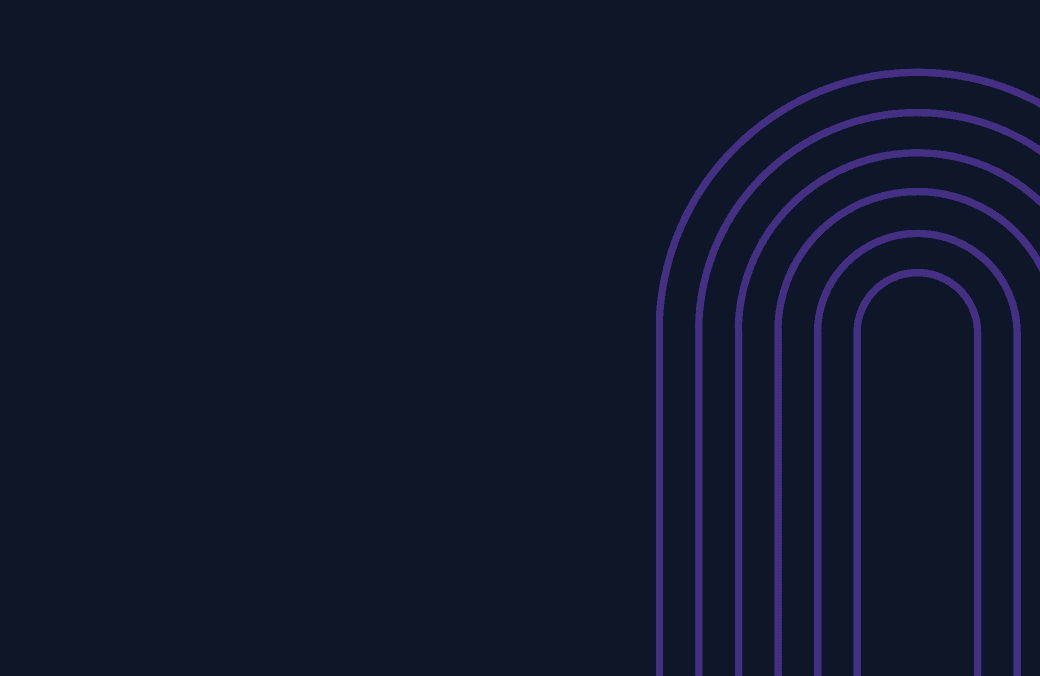Why should I care about data leaks if I have nothing to hide?
Data leaks—are they really that important, if you have nothing to hide? The answer to that question is a resounding Yes, you should be concerned, perhaps not for yourself, but for what these potential leaks could mean for others in your social circle and community.
Yes, you should be concerned, perhaps not for yourself, but for what these potential leaks could mean for others in your social circle and community. Data leaked from an individual will almost always involve others: we constantly exchange messages, emails, you name it—everything tied to our online social lives, whether professional or personal, is data that could fall into the hands of a nefarious party when we practice bad data hygiene.
When we come into contact with anyone online, we become automatically responsible for the data they share with us: one notorious example of a data leak gone wrong that baffled many was the case of an employee who received an email for a job offer he applied to. At first glance, this doesn’t sound like a story that could end badly for the employee. However, when the employee opened a file from the email, that same file served as a carrier for a network of hackers to abuse, and an astounding 620 $ million worth of crypto was stolen from the company the employee currently worked for.
But aren’t fraudulent emails easy to distinguish from the legitimate ones? No, not always. Most of us would click on links and open files if we assumed they were sent by a legitimate company, friend or loved one: which is why this matters, and we should absolutely be concerned. The damages that can be done by practicing lenience when protecting our data can often have dire consequences for every party involved.
If your data isn’t properly secured, hackers could use your accounts to target your loved ones. Even if we don’t currently work for a company that could incur losses because of our online habits, what about our friends and family? On top of having their own data potentially leaked alongside yours if your data isn’t properly secured, hackers could also use your hacked accounts to target your loved ones. Most people wouldn’t think twice before clicking on a link from a friend that reads «Look at this video!» with a hidden phishing link attached to said video—multiple people could possibly fall for this scheme, causing them to lose their account, their private data, and possibly their money.
And what if someone in a group of friends is dealing with a stalker? The person being stalked—let’s call her Sam for ease of understanding—Sam may take every necessary precaution to hide her data, but when Sam’s friends share on a public post that they are attending a public gathering with Sam in real time online, this could have dire repercussions. The stalker now knows more about Sam’s social circle, he could hack into the account belonging to Sam’s friend to access more personal information on Sam—or worse, find his victim in person.
Social networks are called social networks for a reason, they are social, paralleling real life as they allow us to communicate in real time with others. But most often we fail to see these real life parallels as real threats. We would not leave the keys or passcodes to our homes on our front doors, nor would we choose to have loud private conversations in front of complete strangers: so why does doing this in the virtual world not bother us more, if at all? The risk of being liable after an accidental data leak, whether legally or socially, is becoming too high for us to ignore. Between 2020–2022 alone, phishing attacks have been on the rise by a worrying 160% (1) (2): The Era of Cybercrime is here.
Between 2020–2022 alone, phishing attacks have been on the rise by a worrying 160% (1) (2): The Era of Cybercrime is here. We may not always think things could take a turn for the worse when connecting to our online accounts, this line of thinking may cause us to practice poor data hygiene. Sometimes the sole mistake that could cost us everything may start from assuming we have nothing to hide, when in fact, we have everything to protect.
Sources:
1. Coronavirus-Related Spear Phishing Attacks See 667% Increase in March 2020;
2. Phishing Landscape 2022: An Annual Study of the Scope and Distribution of Phishing.
Subscribe to our newsletter to receive a quick overview of the latest news on human risk and the ever-changing landscape of phishing threats.


